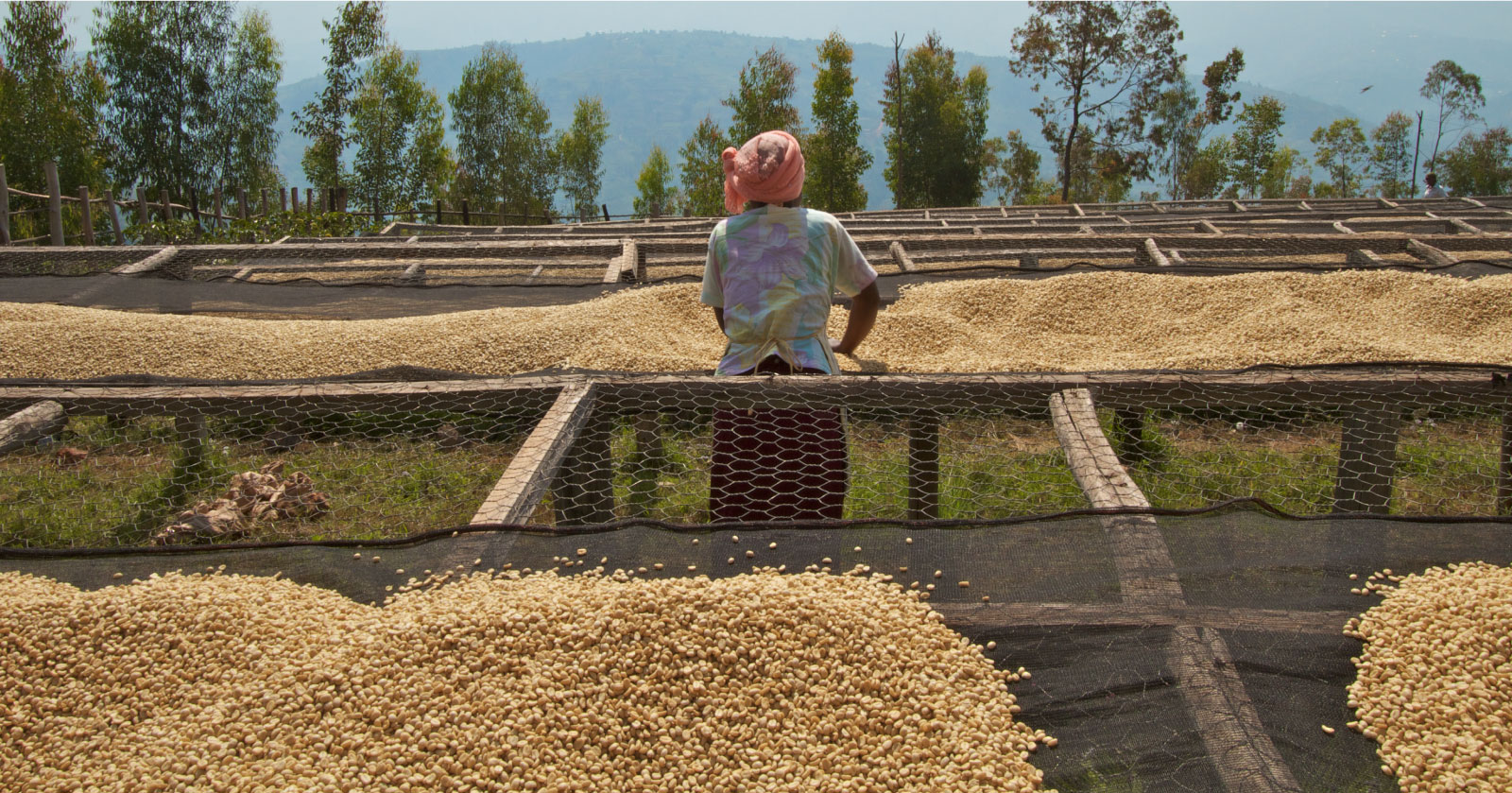I write this en route to Boston as the sun fades and the polluted London sky casts a red hue across a sea of clouds—a fitting backdrop to reflect on COP28, the recently concluded UN Climate Change conference in Dubai. My purpose at the event was to infuse CASH into the discourse, capitalizing on the convergence of influential figures and discussions in one physical space.
I went to Dubai cognizant of the 31 years that had passed since my last encounter with global climate diplomacy. I traveled then as a representative of Swiss youth to the 1992 Earth Summit in Rio de Janeiro filled with high expectations. I left deeply disappointed.
While 154 countries joined the United Nations Framework Convention on Climate Change, I felt that politicians and business leaders had been unwilling to prioritize our collective long-term interests, resulting in a compromised declaration that fell well short of what was needed to address climate change. I was also deeply frustrated that observers like myself lacked effective and efficient ways to influence the negotiations, except trying to talk directly to formal country representatives, which was difficult.

Thirty-one years later, I traveled to Dubai, my low expectations compounded by the choice of a petrostate, the United Arab Emirates as the location, and the head of a state oil company as COP president. My priors were validated by the Green Zone’s partial resemblance to a trade show. The subsequent omission of agriculture, food systems, and smallholders from a draft text of the Global Stocktake further fueled my skepticism of COP28, and framed expectations of disappointing engagement for CASH. However, I’m very pleased that off this low base, my perspective began shifting for several reasons:
CASH Members’ Presence and Advocacy: CASH members actively participated, collaborated, and attracted interest at COP28. CAP-A had a strong showing throughout and together with CASH co-hosted a very well-attended roundtable highlighting our respective work to develop a smallholder-focused carbon portfolio. One Acre Fund participated with a large and influential team, with multiple speaking engagements and coordinated campaigning around their global crop-take initiative which highlights threats to global food production and security. Sekem launched a joint call to action for organic and climate-positive agriculture and, in partnership with the Future Economy Forum, coordinated an event space with programming running throughout the COP. Landesa was on site too with sessions focusing on land rights. Forest Trends, brought 30 leaders and representatives from indigenous communities to Dubai and advocated for a shift in global VCS markets towards leadership from forest communities and global south countries. We attended and supported one another’s respective activities and CASH’s plans and outputs (e.g., farmer’s voice report) drew the interest of carbon players, other climate finance actors, and well-respected peer organizations in the space.

Negotiated Macro Outcomes: Despite my initial skepticism, the final text of the Global Stocktake included language reflecting political will for a planetary shift away from fossil fuels, and emphasis on an orderly and just transition. The text acknowledges the gap in current efforts to meet the 1.5C goal, and the commitment to ramping up endeavors and reworking plans was a significant step forward. The pledge to triple renewables indicated further progress, albeit that it will be challenging to convert commitments into tangible outcomes.
Recognition of the importance of Agriculture and Smallholders: In early September at the Africa Climate Summit it seemed that agriculture and smallholder livelihoods were not important regional UNFCCC priorities. These perceptions were buttressed by the initial stocktake text, which didn’t mention agriculture and the general relegation of agriculture as an afterthought in many discussions. Despite a challenging context, agriculture and smallholders eventually found their place in the COP discourse. A meaningful – though somewhat convoluted – text referencing sustainable agriculture, resilient food systems, and nature-based solutions was incorporated into the Stocktake preamble and substantively in the adaptation section. Section II, B (Adaptation), 55, for example, “Encourages the implementation of integrated, multi-sectoral solutions, such as land use management, sustainable agriculture, resilient food systems, nature-based solutions and ecosystem-based approaches, and protecting, conserving and restoring nature and ecosystems… which may offer economic, social and environmental benefits such as improved resilience and well-being…” On December 10, the COP hosted its first-ever food systems and agriculture day, with several relevant events, activities, and pledges.
Observer Influence on Negotiations: Witnessing the collective influence of observers and non-negotiating participants on the negotiated text was encouraging. In response to the absence of agriculture and land use in the draft stocktake, NGOs, including One Acre Fund and CASH, collaborated to put out a public statement, applying pressure for a remedy. Another notable instance was a powerful statement by business, civic, and political leaders, outlining key demands, which gained traction in media, social media, and in negotiations.
Global Listening and Consensus: In a world where too often powerful nations (and the biggest polluters) set the rules and dominate the agenda it was heartening to see how in a consensus-based system, small island states and other less-prominent powers wield much more relative weight than in other settings.
Of course, opportunities were missed too, particularly – from our perspective – the absence of progress on key elements of Article 6 of the Paris Agreement governing international carbon credits. Hopes had been high that COP28 would operationalize Article 6.4 by framing a new structure for a global carbon market with the UN deciding rules for eligibility, facilitating new demand for carbon credits.
In conclusion, while my initial outlook was bleak, COP28 yielded positive outcomes, challenging my preconceptions and offering hope for a more sustainable future. The participation of CASH members independently, in support of one another, and as a coalition continues to draw attention and demonstrate the value of our collaboration. As smallholders gain prominence, access, and influence, CASH looks forward to contributing to this transformative journey.
Heiner
